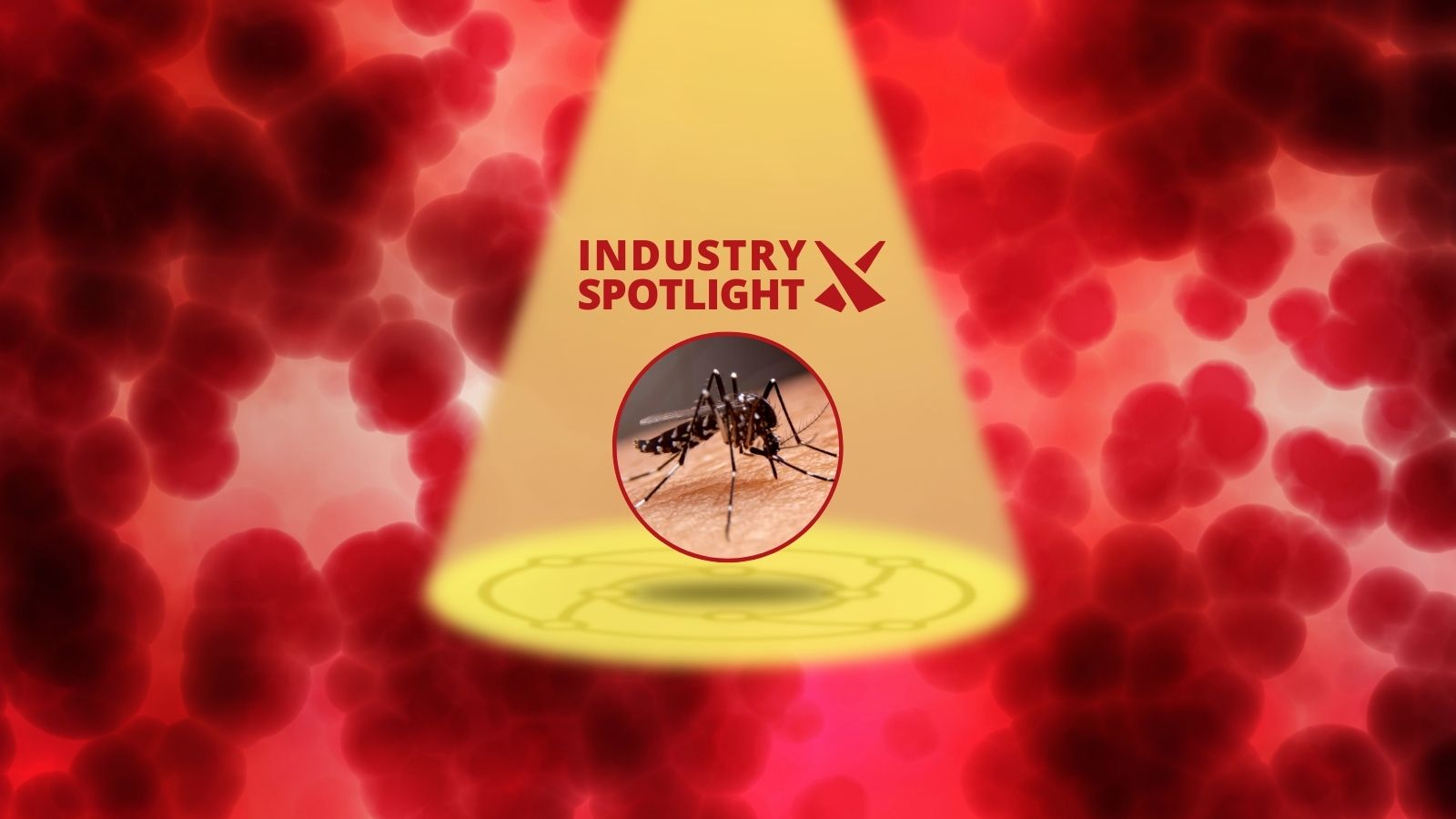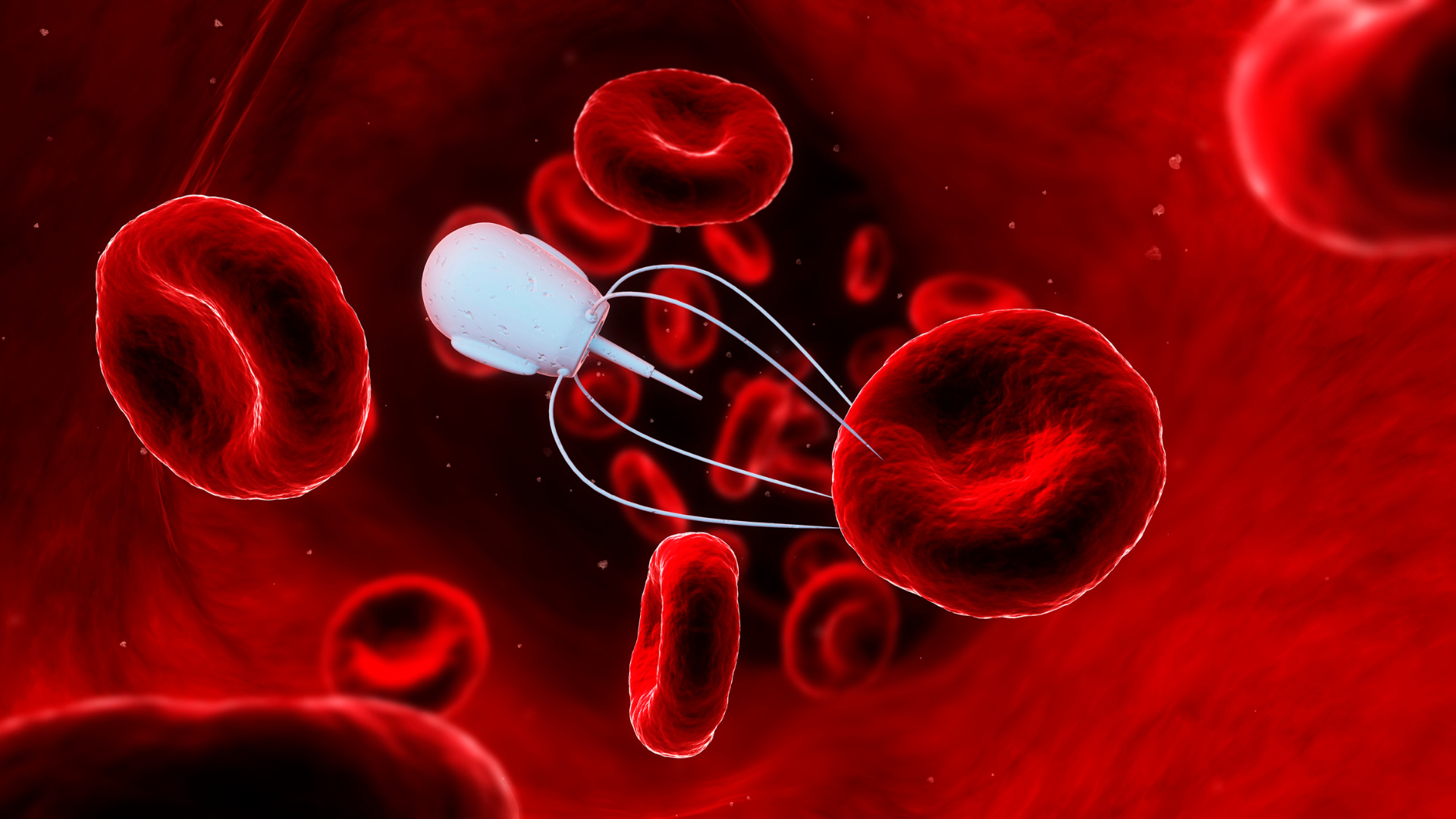TC1 Bacterium Identified by GSK Could be Key to Controlling the Spread of Malaria

The bacterium – Delftia tsuruhatensis Tres Cantos 1, or TC1 – may be utilized in controlling the spread of malaria from mosquitoes to humans following further study.
If the findings do lead to the development of a therapeutic, it would add another weapon to GSK’s anti-malaria arsenal, which so far includes the world’s only widely-used malaria vaccine, Mosquirix.
Thomas Breuer, Chief Global Health Officer at GSK, announced in a press release that TC1 has the potential to reduce the burden of malaria in endemic countries.
“This is more evidence that through deploying a range of preventative approaches, we may finally be able to eradicate this terrible disease,” he said.
The discovery came from an observation at GSK’s research and development site in Tres Cantos, Spain.
A laboratory at the facility noticed that some colonies of anopheline mosquitoes were incapable of transmitting Plasmodium falciparum – the parasite responsible for the bulk of malaria deaths.
On investigation, the insects were found to harbor the cells of TC1, which produces the toxic alkaloid harmane.
This inhibited the development of the parasite for at least 16 days after colonising the mosquitoes’ gut.
Further experiments showed a negative dose-response relationship between the levels of harmane in blood fed to mosquitoes and P. falciparum ookinete formation.
TC1 as a Preventative for Controlling the Spread of Malaria
Following these experiments, work was taken to Burkina Faso’s ‘MosquitoSphere’ – a dedicated laboratory for the study of mosquitoes.
Results suggested the possibility of applying the bacteria as a targeted pesticide in areas where malaria is endemic, helping in controlling the spread of the disease.
Insecticides have previously been used as a malaria control strategy in some regions.
However, mosquitoes frequently develop a resistance to their application, as exposure to the chemicals drives the evolution of insects that can withstand them.
TC1 has a lower possibility of triggering a similar occurrence: rather than killing the mosquito, it blocks the development of the parasite itself.
Since it does not target malaria in the human host, where parasite numbers may be substantially higher, the development of parasite resistance in the mosquito is minimised.
Still, there are additional factors to account for, such as the impact of the release of TC1 into the environment and the ways in which it may affect humans.
The team at Burkina Faso is currently investigating how TC1 affects non-target organisms such as bees.
While there are still many controls that need to be fully evaluated once a final product configuration has been established, the consensus is optimistic that TC1 has the potential to complement protocol for the targeting of malaria transmission in mosquitoes.
Get your weekly dose of industry news and announcements here, or head over to our Formulation portal to catch up with the latest advances in manufacture and therapeutic delivery. If you’d like to learn more about our upcoming Formulation and Delivery US event, click here to download an agenda or register your interest.







